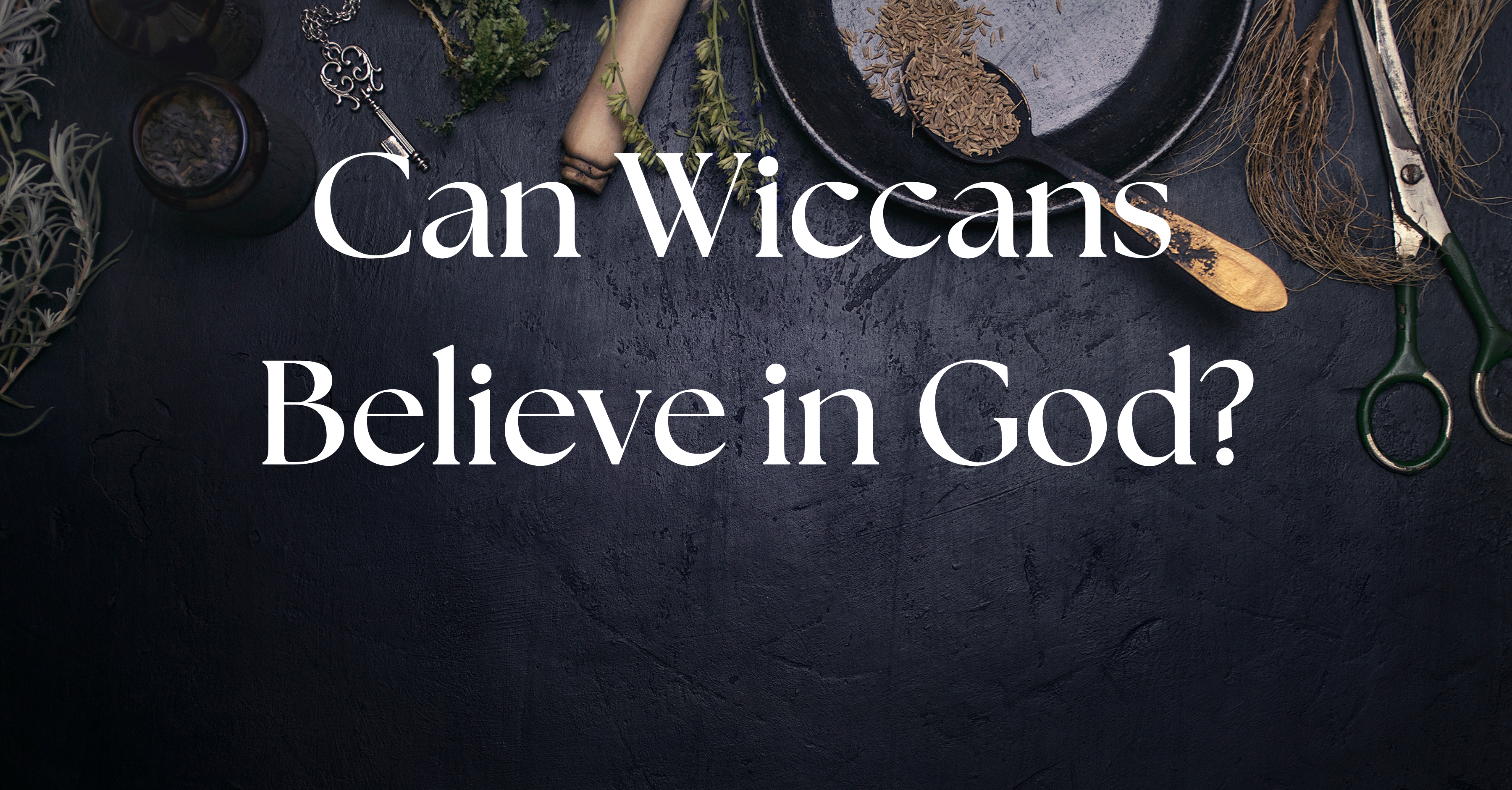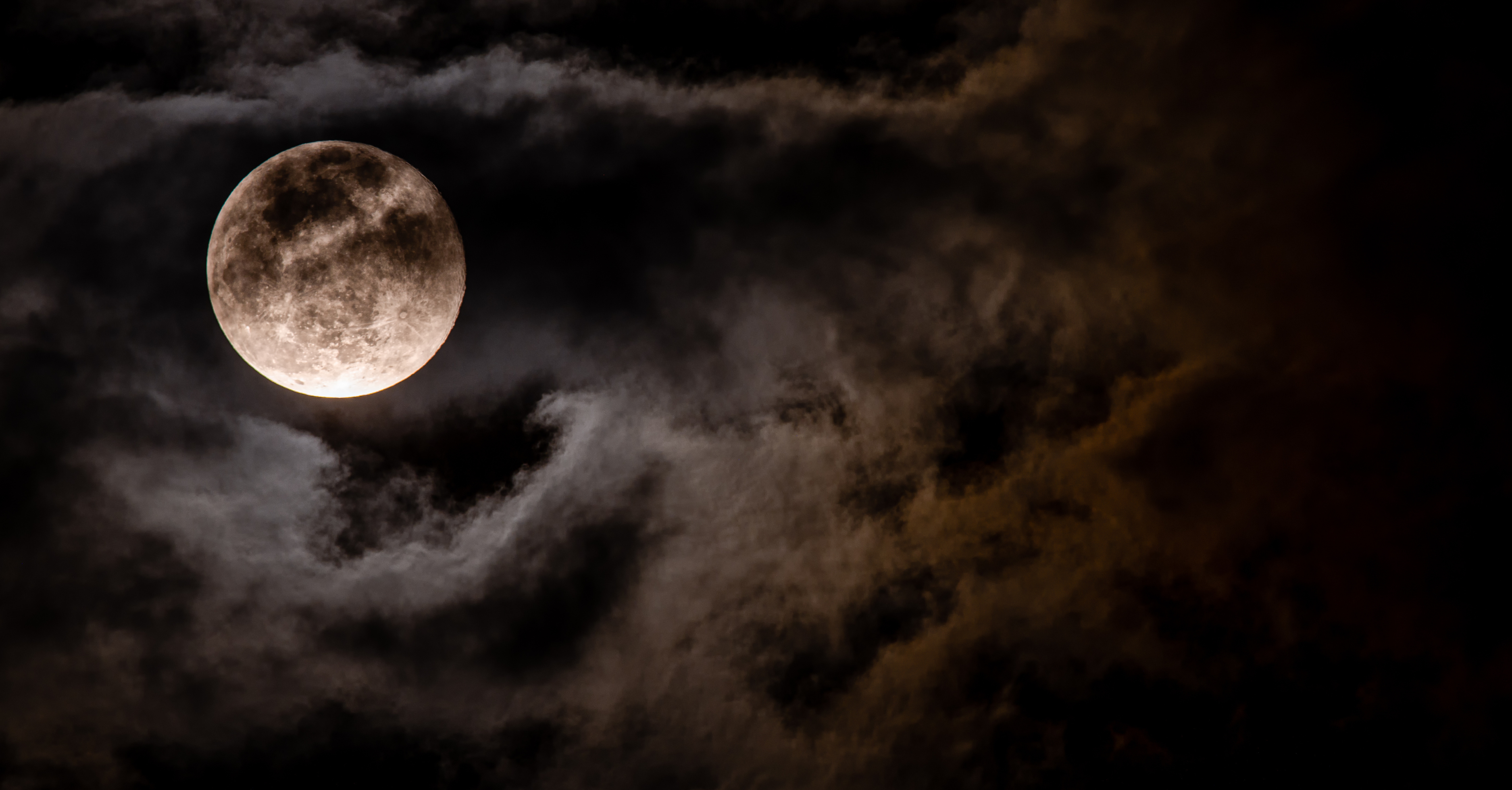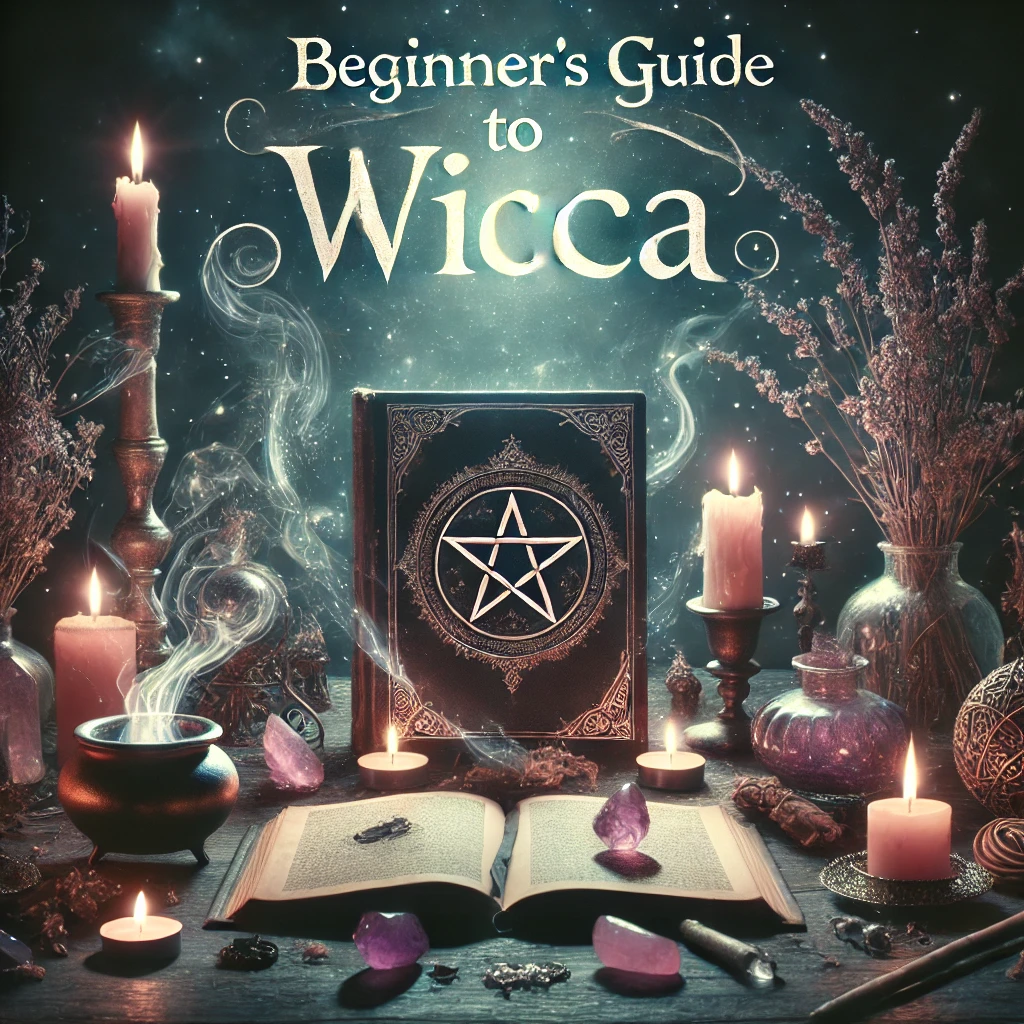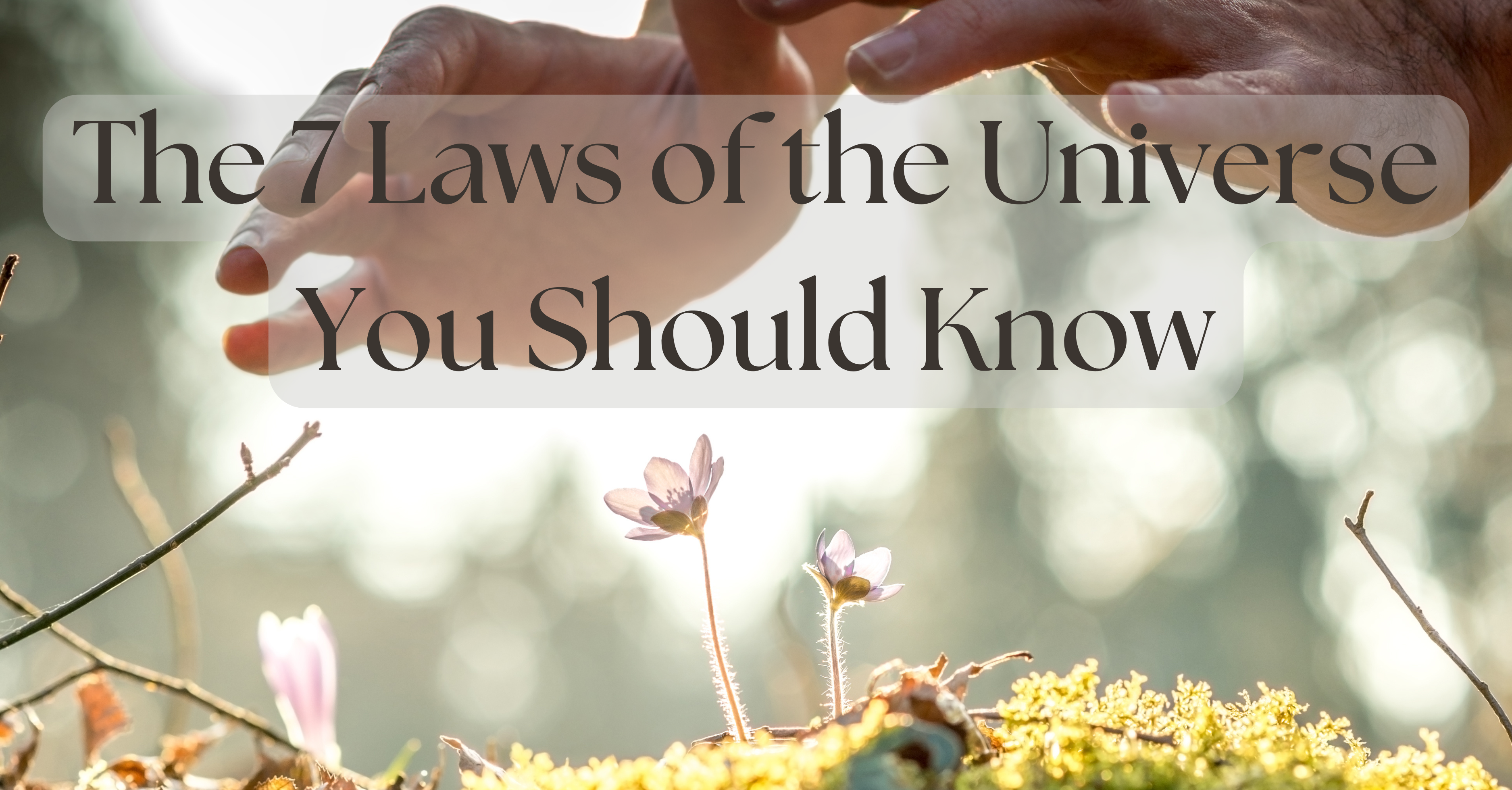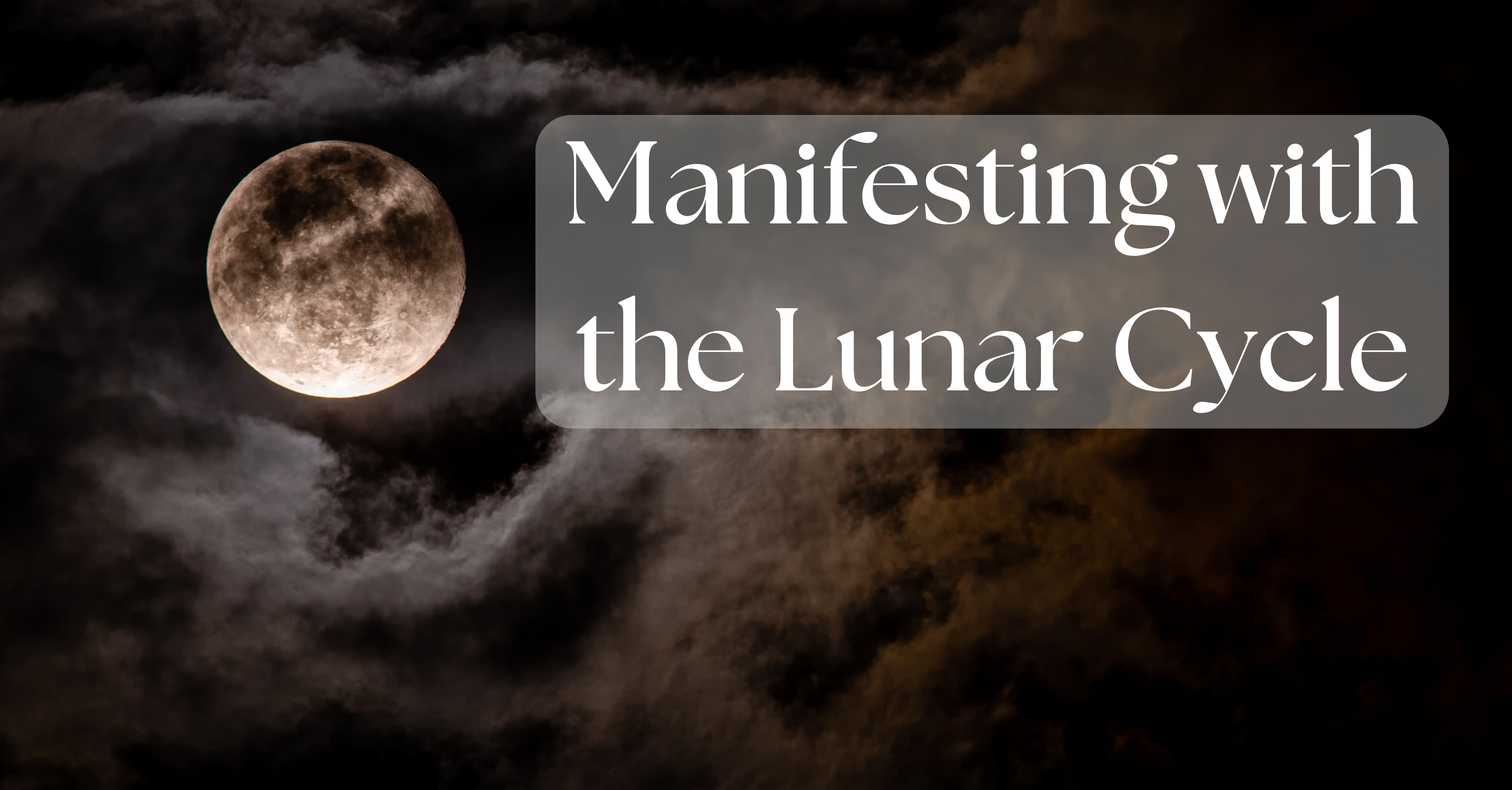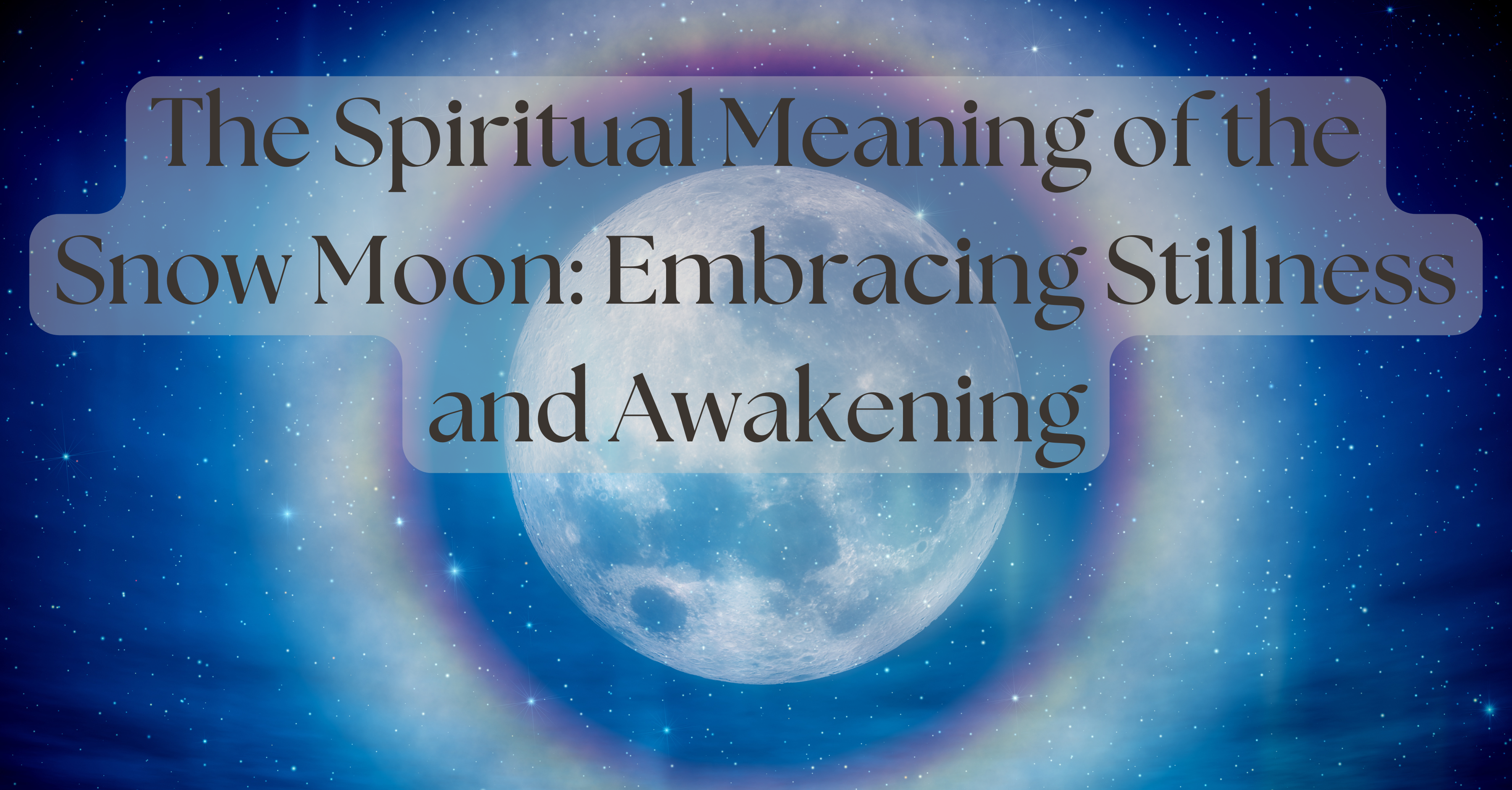One of the most common questions that people exploring Wicca or curious about the practice ask is, “Can Wiccans believe in God?” It’s an intriguing question, especially for those coming from monotheistic backgrounds where belief in one omnipotent deity, often referred to as “God,” is central to spiritual life. The answer, however, is not a simple yes or no. Wicca, like many forms of paganism, offers a flexible and personal approach to spirituality, allowing for a wide variety of beliefs about the divine.
Let’s dive into the complexities of faith within Wicca, and explore whether—and how—Wiccans can believe in “God” alongside their polytheistic or pantheistic practices.
The Nature of Divinity in Wicca
At its core, Wicca is a nature-based religion that emphasizes the cycles of the earth, the interconnectedness of all life, and the reverence for both masculine and feminine divine forces. Most Wiccans believe in a Goddess and a God, or sometimes in multiple deities drawn from various ancient cultures, but Wicca doesn’t enforce any strict dogma about who or what these deities are. This openness allows for a diverse range of beliefs about the divine, including monotheistic or pantheistic views.
In Wicca, the Goddess often represents the nurturing, creative forces of the universe, while the God symbolizes the dynamic, active energy that complements her. Together, they embody the balance of masculine and feminine energies, life and death, light and dark—forces that exist in nature and within ourselves. These divine forces are typically seen as immanent, meaning they are part of the world around us, present in nature, and in all beings.
Can Wiccans Believe in a Monotheistic “God”?
Given Wicca’s generally polytheistic framework, can a Wiccan still believe in one supreme deity, such as the monotheistic “God” from Christianity, Islam, or Judaism? The answer is: yes, it is possible, though it depends on the individual Wiccan’s personal path and beliefs.
Some Wiccans might choose to incorporate the concept of a singular God into their spiritual practice, viewing this deity as an overarching divine presence that exists beyond the duality of the Goddess and God. This could be seen as a form of pantheism, where everything is part of a greater divine force, or as a blend of monotheism and Wiccan philosophy. These practitioners might view their relationship with the Christian or Abrahamic God differently from how they were taught in monotheistic traditions—perhaps more as a natural force or universal energy, rather than a distant, judgmental figure.
Wicca’s Flexible Approach to Deity
One of the beautiful aspects of Wicca is that it allows for personal interpretation. There is no “right” or “wrong” way to approach the divine in Wicca, which makes it inclusive of various spiritual backgrounds. Some Wiccans work exclusively with the Goddess and God archetypes, while others may honor specific deities from pantheons such as the Greek, Celtic, Egyptian, or Norse traditions.
This flexibility means that some Wiccans may feel comfortable believing in a singular God alongside their polytheistic practices. They might see this God as a source from which all other deities arise, or as a symbolic representation of a higher spiritual truth. Others may blend their Wiccan practices with elements of other belief systems, such as Christianity or Buddhism, finding ways to reconcile their faith in “God” with their reverence for nature and the divine feminine.
God and the All
Another way to interpret this question is through the concept of “The All,” a term used by some Wiccans and pagans to describe the totality of existence—the sum of all energy, life, and divinity in the universe. In this view, “God” could be seen as an expression of The All, not separate from nature but part of it. The All encompasses both the feminine and masculine, light and dark, creation and destruction. It’s the infinite source from which everything arises, making it compatible with belief in a singular divine presence.
For Wiccans who resonate with pantheism or panentheism, The All can easily encompass the idea of “God.” In this worldview, God is not a separate, anthropomorphized figure but rather the universe itself, a force that permeates everything. Many Wiccans find comfort in this expansive view of divinity, which allows them to honor both the Goddess and God within a monotheistic framework.
The God of the Bible: Beyond Gender
When discussing the concept of “God” in monotheistic traditions, especially Christianity, it’s important to consider what the Bible actually says about the nature of the divine—and how that might differ from common teachings found in many churches today. While God is often referred to as “He” and depicted in masculine terms, the Bible itself offers a more nuanced understanding of the divine that transcends traditional gender roles.
In the book of Genesis, we read that “God created man in his own image, in the image of God he created him; male and female he created them” (Genesis 1:27). This passage reveals that both man and woman were created in the image of God. It suggests that the divine encompasses both masculine and feminine qualities, rather than being solely male. The duality of male and female being created in God’s image indicates that the divine transcends human concepts of gender, containing both, and yet being bound by neither.
Despite this, many traditional Christian teachings have emphasized a male interpretation of God, with pastors and religious figures often referring to God exclusively as “He.” However, if we look more closely at the scripture, we find that God is never explicitly assigned a physical sex. The Bible speaks of God’s power, wisdom, compassion, and love—qualities that are not inherently masculine or feminine. In fact, God is often described in terms that align with both paternal and maternal roles. For example, God is described as a “father” in certain passages, but in others, God is likened to a mother caring for her children, such as in Isaiah 66:13: “As one whom his mother comforts, so I will comfort you.”
This ambiguity leaves room for Wiccans—and anyone exploring spirituality—to see the divine as something far more expansive than a male deity. While the church may focus on portraying God in masculine terms, the original texts allow for a broader understanding of the divine, one that can easily align with Wiccan perspectives of a balanced Goddess and God or a non-gendered divine force.
The church’s emphasis on the masculine representation of God often reflects cultural and historical factors more than theological necessity. Over centuries, patriarchal societies have shaped the way religion is taught and understood, placing greater emphasis on male authority figures. However, when we strip away these cultural layers, the Bible itself paints a picture of a God who is beyond gender, embodying both the masculine and feminine aspects of creation.
For Wiccans who feel drawn to both the Bible’s teachings and the duality of the Goddess and God within Wicca, this understanding provides a bridge between these seemingly contrasting beliefs. Recognizing that the biblical God created both male and female in the divine image allows us to see God not as a distant, male figure but as a divine source that transcends human limitations, much like the Wiccan concept of the All.
This perspective can help you reconcile your belief in a singular God with Wicca’s reverence for both masculine and feminine divine forces. Rather than seeing them as opposing beliefs, you can view them as different facets of the same universal truth—a divine presence that embodies all aspects of creation.
Reconciling Wicca with Monotheistic Beliefs
For those who come from a monotheistic background, transitioning into Wicca can sometimes feel challenging when trying to reconcile their belief in one God with Wicca’s polytheistic elements. However, many Wiccans find that Wicca’s flexible approach to deity allows them to honor their past beliefs while embracing the new spiritual path they are on.
If you are someone who feels a connection to the Christian, Islamic, or Jewish God, there is no need to abandon that belief to practice Wicca. You may choose to see “God” as one aspect of the divine, while also exploring the archetypes of the Goddess and God within Wicca. Some Wiccans who come from a Christian background may choose to honor figures like Mary, the Mother of Jesus, as an expression of the divine feminine, or to view Jesus as a powerful spiritual teacher who aligns with their understanding of the divine.
The key to reconciling these beliefs is personal exploration and reflection. Wicca encourages individual spiritual growth and the discovery of what resonates with your soul. It’s perfectly valid to blend your previous beliefs with Wiccan practices, so long as it feels true to your path.
Embracing the Divine in All Its Forms
In Wicca, the divine is not limited to one form or figure. Wiccans believe that the divine is present in everything—in nature, in the cycles of life, and in each of us. Whether you believe in one God, many gods, or see divinity as an abstract force, Wicca provides the tools to connect with the sacred in a way that feels meaningful to you.
Ultimately, the question of whether Wiccans can believe in God comes down to personal belief. Wicca’s openness allows for a wide variety of spiritual perspectives, including monotheism, polytheism, and pantheism. If you feel a connection to a singular God, you can absolutely honor that within your Wiccan practice while also exploring the rich spiritual traditions and deities that Wicca offers.
Conclusion: Walking Your Own Path
The beauty of Wicca lies in its adaptability and freedom. Whether you believe in God, the Goddess, many deities, or the divine as an abstract energy, there is space for your beliefs within Wicca. You are encouraged to explore, experiment, and discover what resonates most with your soul. Spirituality is a deeply personal journey, and Wicca provides a flexible framework that can complement a wide range of beliefs.
So, can Wiccans believe in God? Absolutely, if that is where your heart and spirit lead you. Wicca is about honoring the sacred, however you define it, and living in harmony with the cycles of nature and the divine energy that flows through all things. Blessed be!

